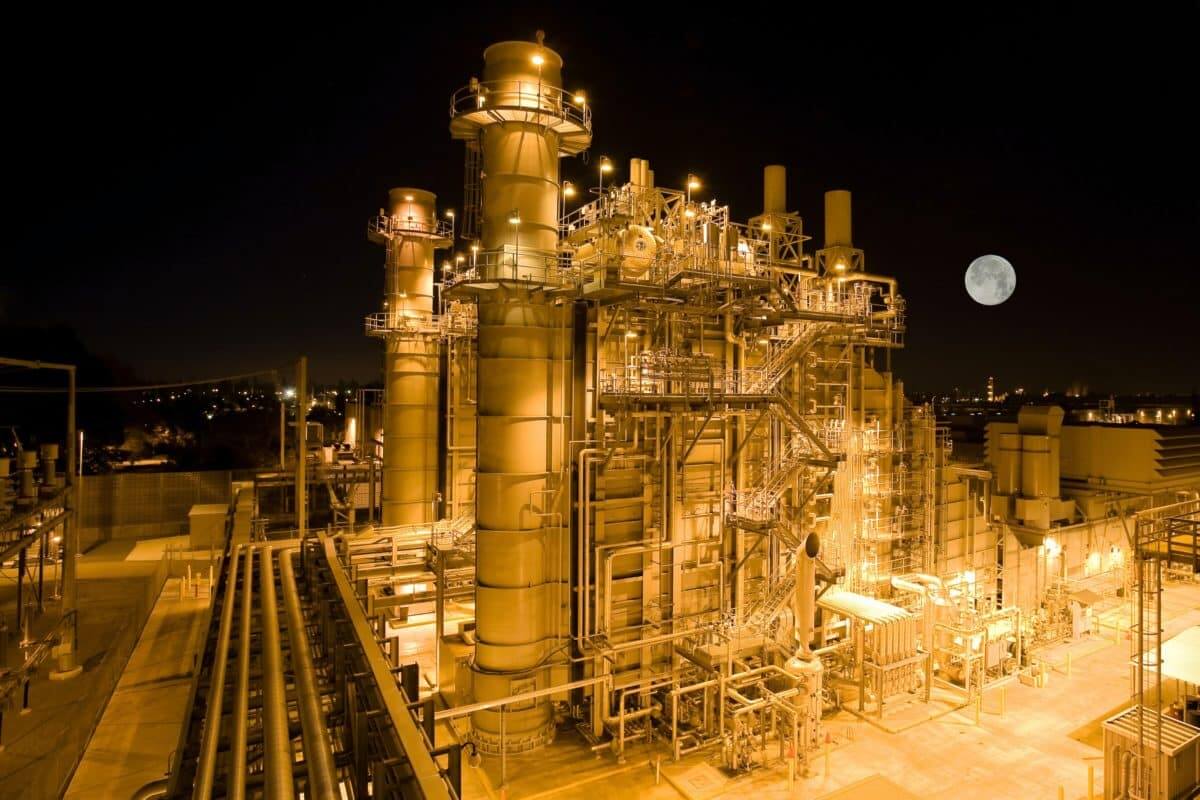
European natural gas prices are decreasing
According to a Wednesday report from Australia’s ANZ Bank, European natural gas prices started to decline as soon as it looked like Russian gas supplies will start to flow again. According to Bloomberg News, Gazprom will resume gas deliveries to Europe via the Nord Stream 1 pipeline on Thursday as scheduled, though, at a lower capacity, the bank added.
In the meanwhile, starting in August, the European Union plans to suggest a voluntary reduction in member states’ use of natural gas by 15%. According to ANZ Bank, the proposal would have a mandatory trigger if the situation worsened and the cuts were not enough.
The voluntary cuts outweigh the decrease in gas consumption that ANZ Bank previously predicted would be required if flows through Nord Stream were completely stopped.
European Natural Gas Prices
Another significant worldwide market has experienced a rapid transition from oversupply to the shortage. The cost of purchasing enough gas to heat a typical home for a year in Europe in September was €119. The continent’s gas storage tanks were overflowing. It now costs €738 and there aren’t many available. Even in America, where there is a plentiful supply of shale gas, prices have more than doubled, albeit from a much lower base, and may rise further if the country experiences a harsh winter.
Gaps in the production of power from other sources had been open for years, gas seems to fill that hole. This summer, there was little wind in Europe, and droughts hampered the production of hydropower. Coal has become more expensive due to the rising cost of the permits required to emit carbon in the EU. There is therefore not much of an alternative to using gas to generate power and heat homes.
The world economy’s other bottlenecks, for microchips and container ships, have sparked a boom in capital expenditures. Long-term investment in fossil fuels is declining. American shale can only do so much since LNG only partially connects gas markets. When they occur, to ration a finite supply the prices will be high. But to reduce demand, prices must move significantly. If the upcoming months are chilly, Europe’s energy prices may need to skyrocket. The reasoning is to convince businesses and people to use less.
Many small energy providers in Britain that, for example, give customers one-year fixed-price contracts yet purchase energy at fluctuating rates will soon go out of business. More gas should be physically stored if companies selling at fixed prices can insure against increases in wholesale prices. Another suggestion is to invest more in LNG infrastructure and grid connections (a link between the grids of Britain and France recently failed), which would allow arbitrage trades to balance out differences in the world’s energy supply.
According to the bank, this comes as the continent experiences excessive temperatures. According to French statistics, power costs have risen to their highest levels since 2009. The heat is having an impact on gas flows after Norway’s grid operator reduced some supply to the UK. This was due to the temperatures.
Prices for North Asian liquefied natural gas increased as a result of heatwaves. They increased the demand for energy. A growing energy crisis reportedly led Japan to purchase its most expensive LNG cargoes.




